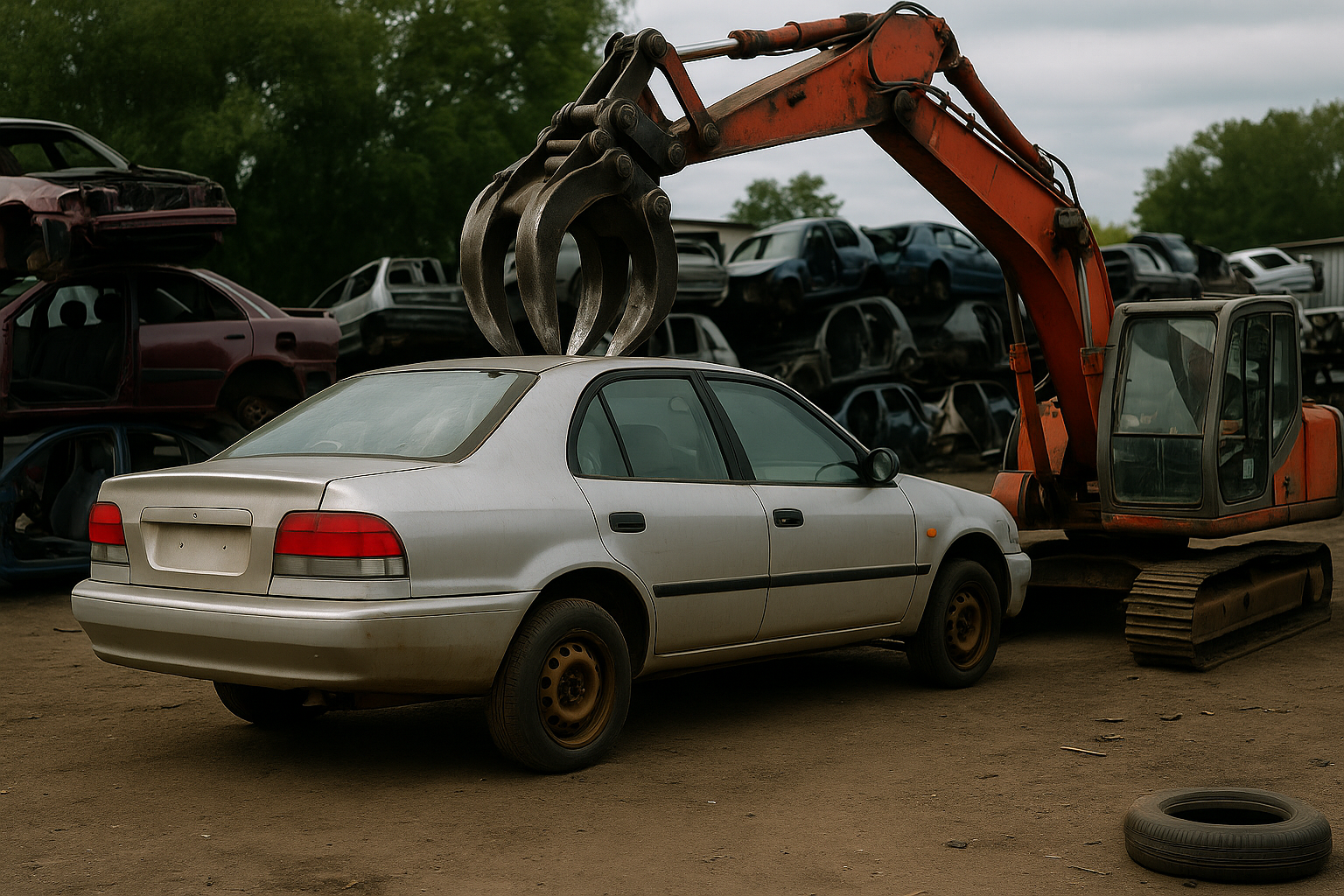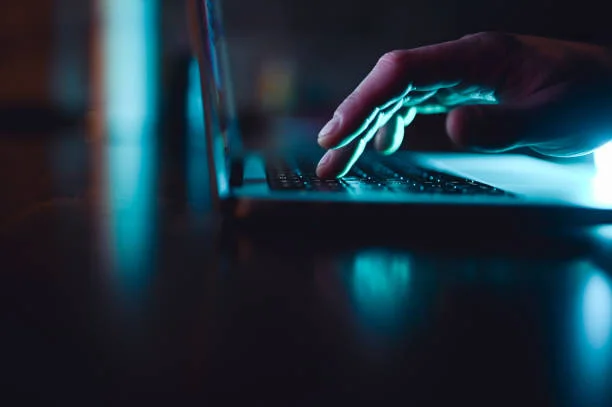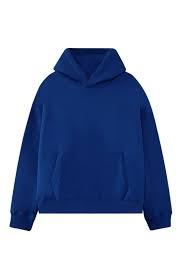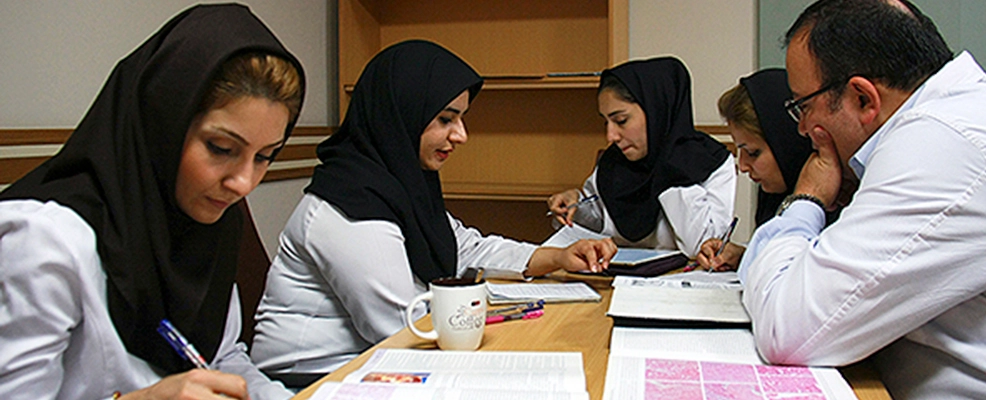What Happens to Scrap Cars in Brisbane After You Sell Them

Introduction
Many car owners in Brisbane decide to sell their vehicles for scrap when repairs cost more than the car itself. But once the sale is complete, a common question arises: what actually happens to the car after it leaves your driveway? The process is far more detailed than simply crushing the vehicle. In fact, scrap cars Brisbane go through a structured journey that helps protect the environment, recover resources, and support local industries.
Initial Inspection and Collection
The process begins when a buyer or wrecker agrees to purchase the unwanted vehicle. A quick inspection is carried out to confirm its condition, and once the deal is finalised, the car is collected. Many wreckers in Brisbane provide free towing, which means the owner does not have to worry about transport. This step marks the beginning of the recycling journey.
Depollution Stage (Removing Hazardous Materials)
The very first step at a wrecking yard is depollution. Cars contain a range of fluids and parts that can be harmful to the environment if not handled correctly. Engine oil, coolant, brake fluid, and fuel are drained carefully. Batteries, tyres, and airbags are also removed, as they require special disposal methods. Without this stage, toxic substances could leak into the ground or waterways, causing serious damage.
Dismantling and Salvaging Usable Parts
Not every part of a scrap vehicle is useless. Many components still have life left in them. At this stage, skilled workers carefully dismantle the car to remove reusable items such as engines, transmissions, alternators, tyres, doors, and mirrors. These salvaged parts are tested and resold as second-hand spares, giving car owners across Brisbane an affordable option when repairing their own vehicles. This step ensures that valuable materials do not go to waste.
Recycling Scrap Metal
Once the usable parts are removed, what remains is mostly the vehicle’s metal shell. This is sent through powerful shredders and crushers to break it down into smaller pieces. Metals such as steel, aluminium, and copper are separated and sent to recycling plants. From there, they are melted down and reused in industries like construction, manufacturing, and even the production of new cars. By recycling metals, fewer natural resources need to be mined, which helps reduce the strain on the environment.
Environmental Contribution
The recycling of scrap vehicles has a strong impact on the environment. It prevents tons of waste from ending up in landfills and reduces the demand for new raw materials. For Brisbane, where sustainability is becoming a growing focus, vehicle recycling plays a vital role in keeping communities clean and reducing pollution. Every car sold to a wrecker contributes to a larger cycle of environmental care.
Economic Impact
The process of scrapping a vehicle does not just protect nature; it also supports the economy. Salvaged car parts are sold to local drivers at reasonable prices, keeping cars on the road longer. Recycling plants also rely on scrap metal from vehicles, which creates jobs in both the automotive and recycling sectors. By selling an unwanted car, you are indirectly contributing to industries that rely on these resources.
Key Takeaway for Car Owners
For many people, selling an old or damaged vehicle is simply about getting some money back. But the process behind the scenes shows that it is much more than that. From dismantling and recycling to reselling usable parts, every stage ensures the vehicle is reused in a meaningful way. Knowing this can give car owners peace of mind that their vehicle continues to serve a purpose even after it has reached the end of its driving life.
Conclusion
So, what happens to scrap cars in Brisbane after you sell them? They go through a journey that begins with depollution, continues with dismantling and salvaging, and ends with recycling metals into new products. Along the way, the process supports the environment, benefits the economy, and provides affordable parts to local drivers. Selling your unwanted car is not just about earning cash—it is about being part of a cycle that gives vehicles a second life while making Brisbane a cleaner place.








